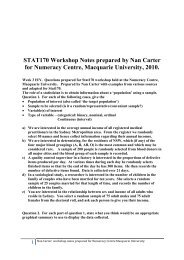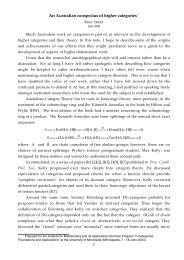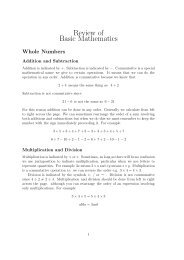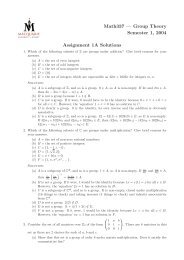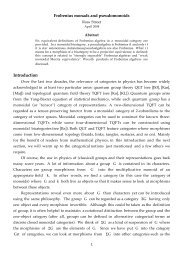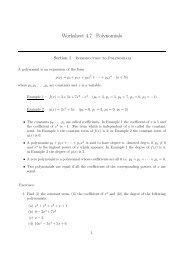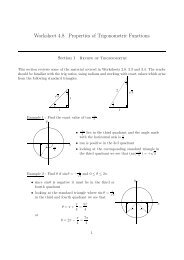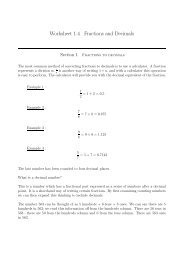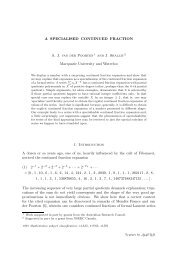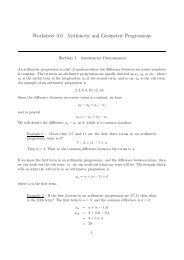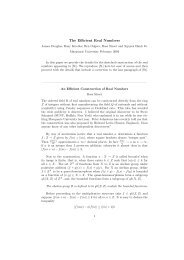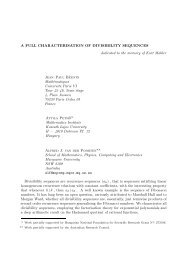You also want an ePaper? Increase the reach of your titles
YUMPU automatically turns print PDFs into web optimized ePapers that Google loves.
father, despite his more orthodox beliefs. The Revd Patrick Brontë was<br />
basically what we might now call a liberal evangelical, firmly rooted in the<br />
Church of England, a man of integrity, social conscience and a strongly held<br />
Christian faith. 5 It was this faith that Charlotte Brontë clung to—often by only<br />
a slender thread—throughout the trials and tribulations of her life.<br />
Her first trial came with the death of her mother when she was only five<br />
years old. Her mother’s sister, the unmarried Elizabeth Branwell from<br />
Cornwall, came to live with the family and took over the practical and<br />
religious management of the Brontë household. Early biographers often<br />
accuse the Aunt of instilling in her nephew and nieces a fear of Calvinist<br />
predestination, which most of them struggled with in their teenage years and<br />
which is satirised in their later novels; but critics now believe that these<br />
Calvinist beliefs were probably the result of the evangelical teachings of<br />
people like the Revd Carus Wilson at the Anglican Clergy Daughters’ school<br />
at Cowan Bridge, the first school Charlotte attended and the model for the<br />
notorious Lowood school in Jane Eyre.<br />
A present-day image of Cowan School, attended by Maria, Elizabeth, Anne,<br />
Emily and Charlotte.<br />
Wilson regarded the school as a ‘nursery for heaven’ and although he was not<br />
intentionally cruel, many pupils fell ill because of his strict regime and so-<br />
- 18 -




